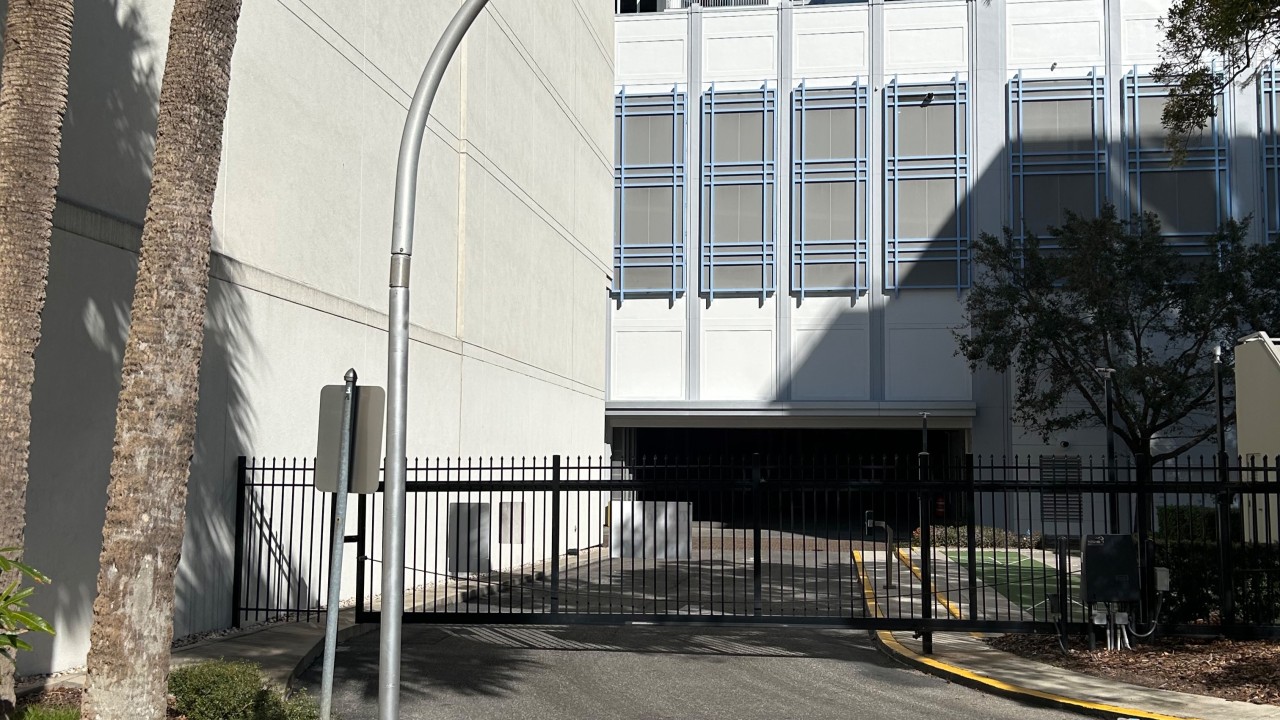Florida’s New Security Standard: How CPTED Compliance Shields Multifamily Property Owners from Liability and Crime

Security Assessments: Laying the Groundwork for Safer Spaces
A security assessment is a systematic evaluation of a property’s vulnerability to crime. It covers physical elements such as lighting, landscaping, building design, fencing, and access points. Applied through a professional lens, these assessments help property owners identify and mitigate risks like trespassing, burglary, vandalism, and violence.
Triple C Security Consulting, led by veteran law enforcement professionals, provides comprehensive, on site security assessments based on Crime Prevention Through Environmental Design (CPTED) principles. Their evaluations include prioritized, actionable recommendations tailored to your site and your residents’ safety.
What Is CPTED?
Crime Prevention Through Environmental Design (CPTED) is a proven approach to reducing crime by modifying the built environment. CPTED principles are used worldwide to make spaces less attractive or accessible to offenders while improving quality of life for residents and staff. The core elements include:
- Natural Surveillance – Increase visibility through lighting, window placement, and open sightlines.
- Natural Access Control – Use landscaping, paths, and barriers to guide legitimate movement and discourage unauthorized entry.
- Territorial Reinforcement – Create a sense of ownership through signage, fences, and maintained landscaping.
- Maintenance and Image – Clean, well maintained properties signal that the space is cared for and monitored.
- Activity Support – Promote positive use of public spaces to deter misuse.
Triple C helps clients apply these principles by enhancing lighting, removing visual obstructions, reinforcing perimeters, and promoting well kept, defensible space.
Florida Statute 768.0706 (HB 837): What Multifamily Property Owners Need to Know
Effective January 1, 2025, Florida Statute 768.0706 (commonly known as HB 837) offers civil liability protection to multifamily residential property owners who meet specific crime prevention standards.
To receive the presumption against liability for crimes committed by third parties on their property, owners must substantially comply with the statute’s requirements, which include:
- Conducting a CPTED assessment completed by a Florida certified CPTED practitioner, reviewed every three years.
- Ensuring adequate lighting at entrances, exits, and common areas.
- Installing and maintaining secured access points, such as functional locks and gates.
- Providing crime deterrence and safety training to onsite employees.
- Documenting all crime prevention measures and maintaining records of compliance.
This law does not mandate compliance, but it provides a strong legal defense to owners who take proactive steps to secure their property.
Why Compliance Matters
🛡️ Legal Protection
Following 768.0706 offers a significant legal benefit. If compliant, the law shifts the burden of proof to the plaintiff in civil lawsuits alleging negligent security, reducing your exposure to costly litigation.
🏢 Increased Property Value
Properties with visible, well documented safety improvements tend to attract and retain more tenants. They also enjoy fewer incidents, lower turnover, and better reputations in the marketplace.
👥 Safer Communities
Residents feel safer and are more likely to report suspicious activity when they see owners investing in the environment’s security. This strengthens community engagement and deters criminal behavior.
Triple C Security Consulting: Your CPTED Compliance Partner
Triple C Security Consulting is uniquely positioned to help Florida multifamily property owners achieve and document FSS 768.0706 compliance:
- Certified CPTED practitioners with decades of real world public safety and investigative experience.
- In person site assessments conducted with precision and professionalism.
- Detailed reports with actionable, prioritized safety improvements and compliance checklists.
- Training programs for onsite employees on crime deterrence and safety awareness.
Triple C’s work reflects both statutory knowledge and hands on security expertise giving clients the confidence to operate safely and in alignment with Florida law.
A Compliance Plan That Works
1. Schedule a CPTED Assessment Start with an on-site walkthrough to review lighting, visibility, access points, landscaping, and maintenance practices.
2. Review and Act on Recommendations Receive a report that breaks down practical, affordable upgrades in priority order customized for your site.
3. Train Your Team Provide required crime deterrence training to staff and document completion.
4. Keep Records Updated Maintain logs, assessment reports, and proof of improvements to show ongoing compliance.
5. Reassess Every 3 Years Revisit the CPTED assessment to stay ahead of risk and maintain liability protection.
Final Thoughts
Florida’s new law under 768.0706 offers a clear path to reduce liability, lower crime, and enhance safety at multifamily properties. With a certified CPTED assessment and straightforward upgrades, owners can meet the legal standard for protection while improving their community’s security.
Triple C Security Consulting is your expert partner in this effort—offering field-tested solutions, clear documentation, and a no-nonsense approach to getting compliant.
📞 Ready to start? Visit triplecsecurityconsulting.com or call 407‑729‑2136 to schedule your CPTED assessment and take the first step toward safer, stronger properties.



